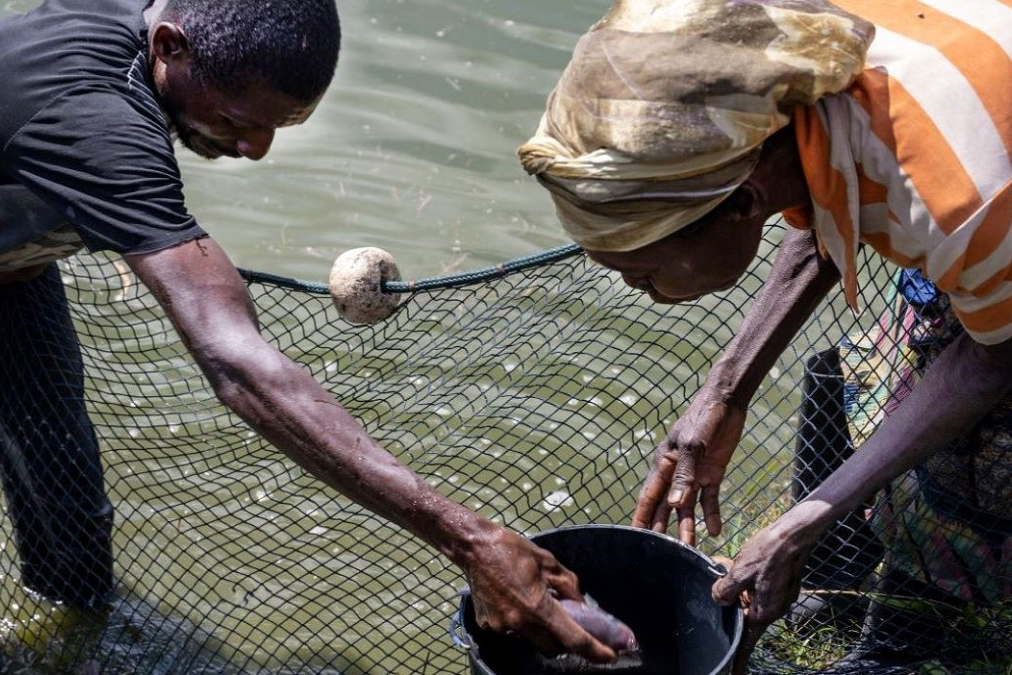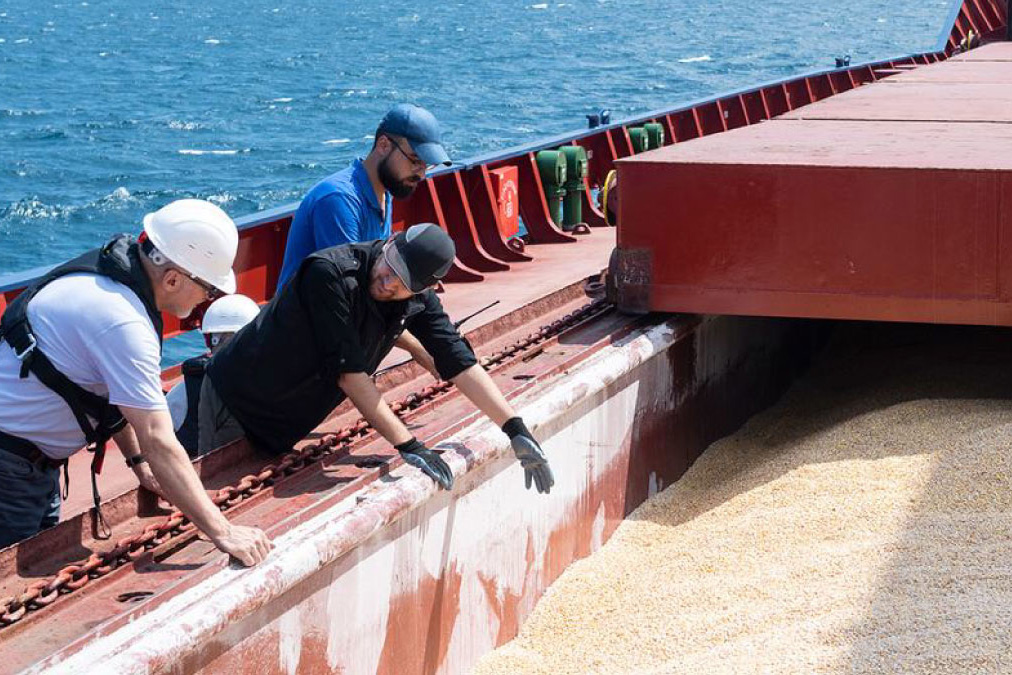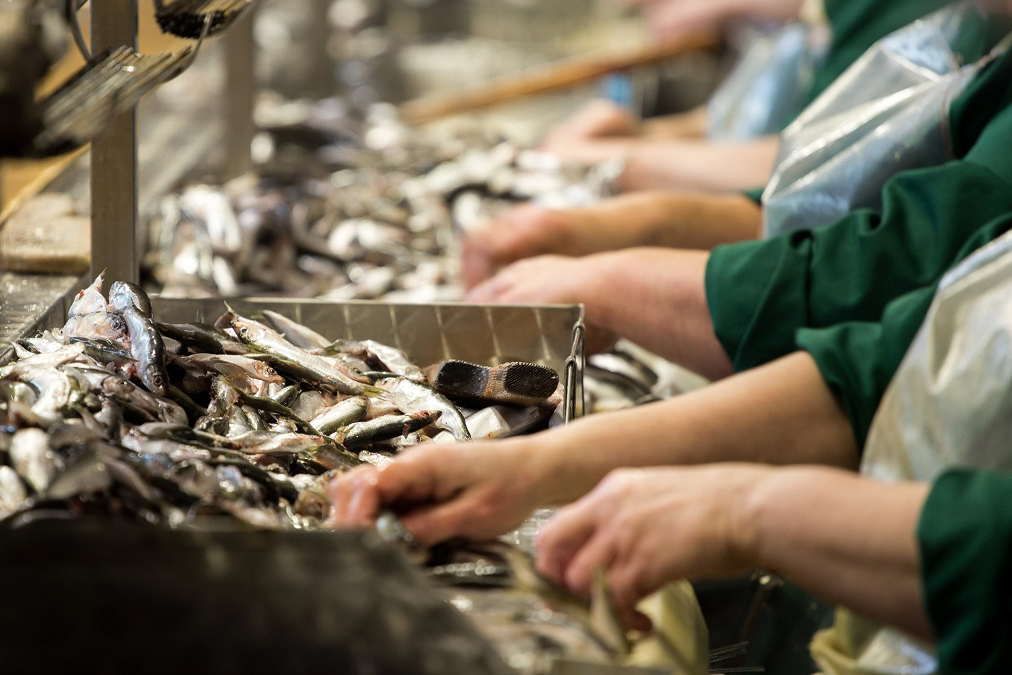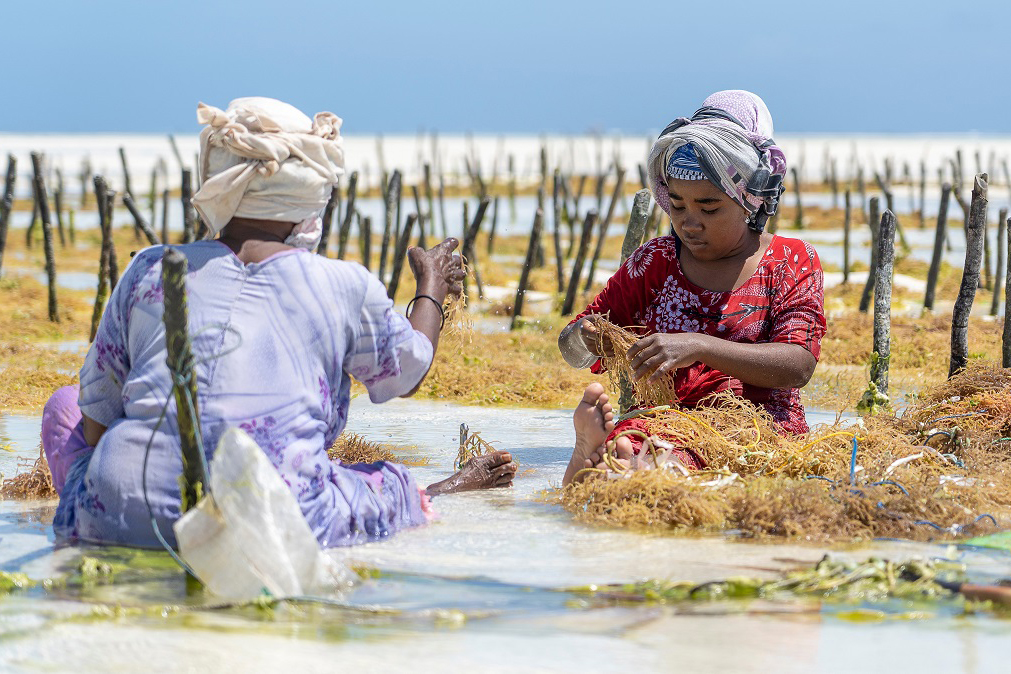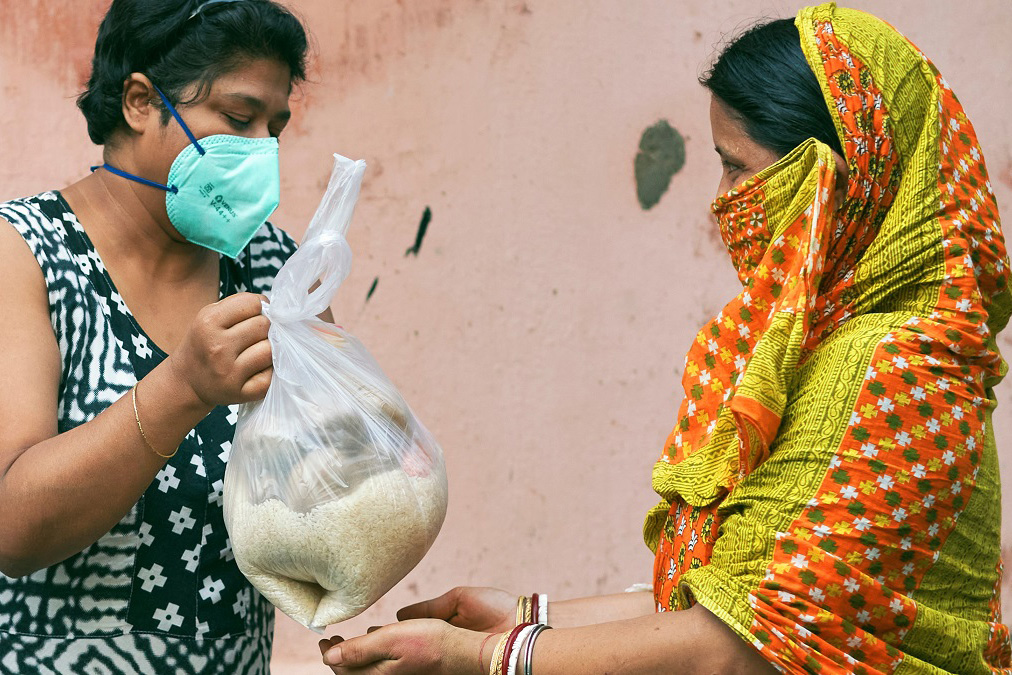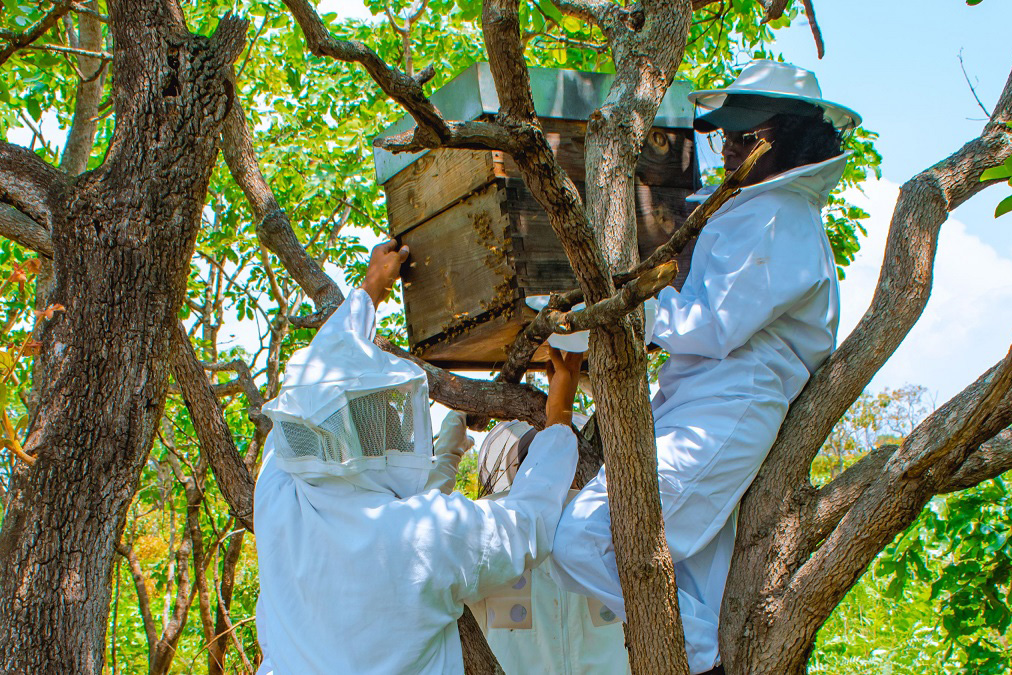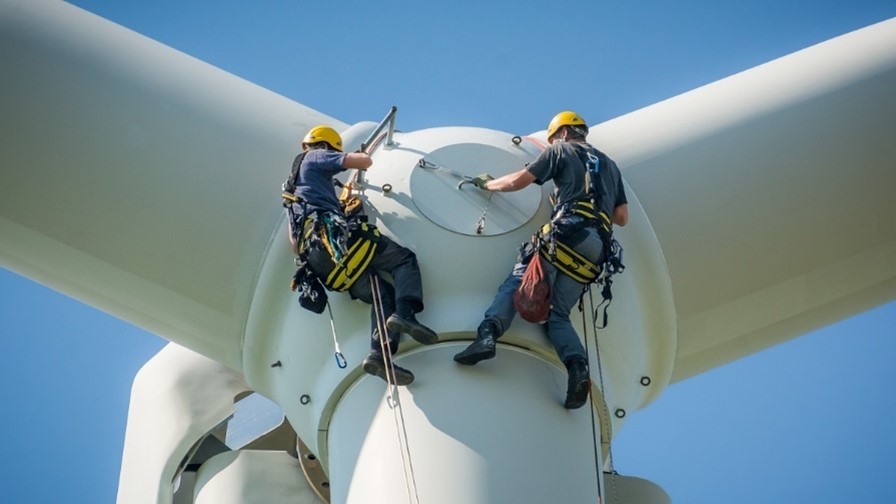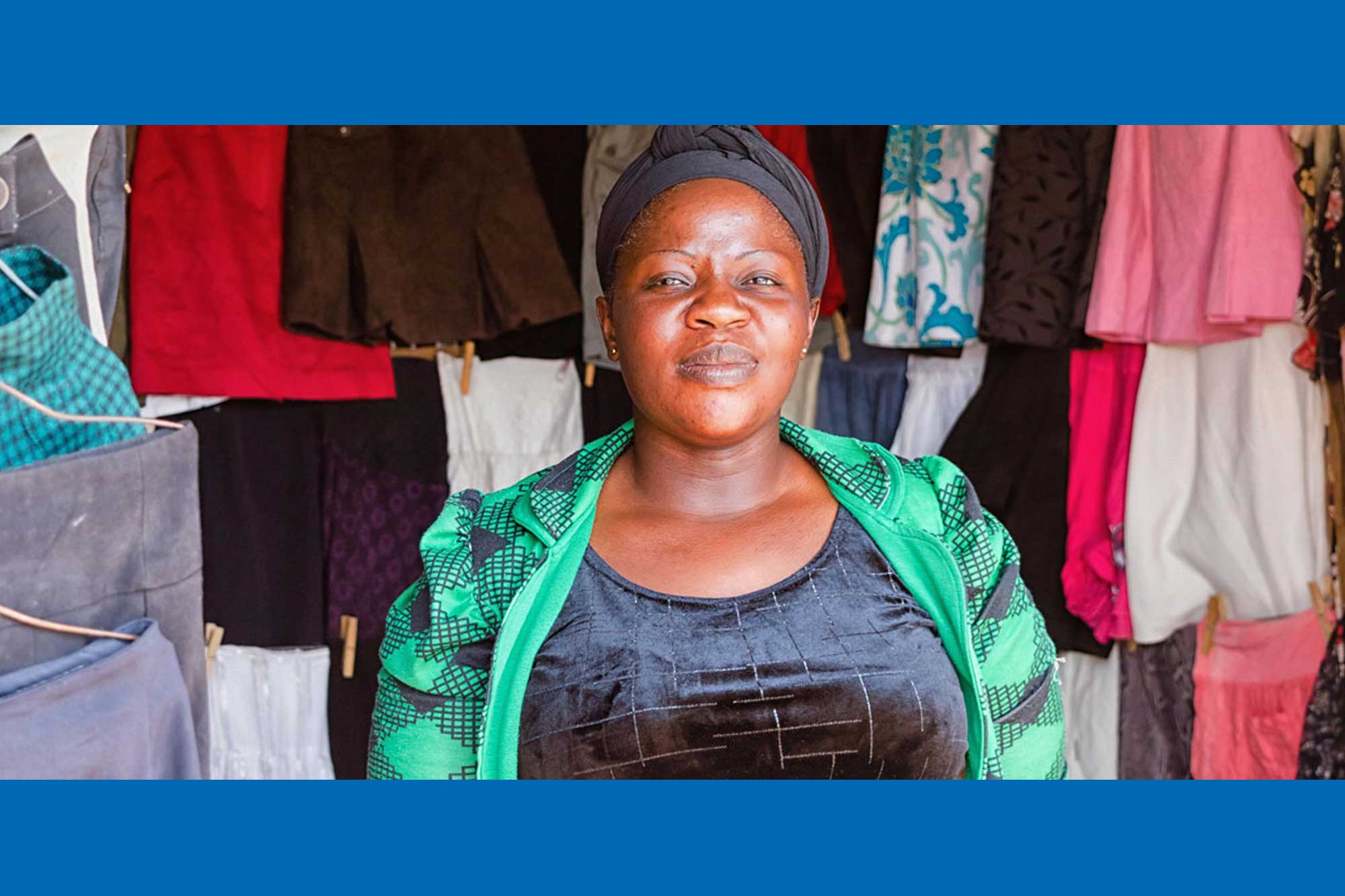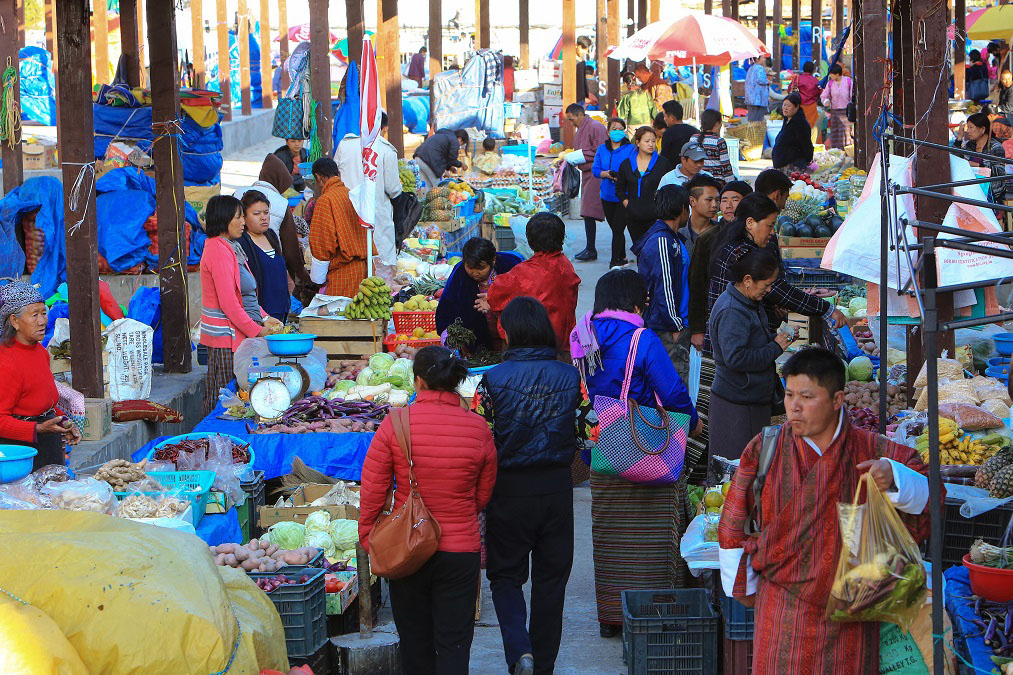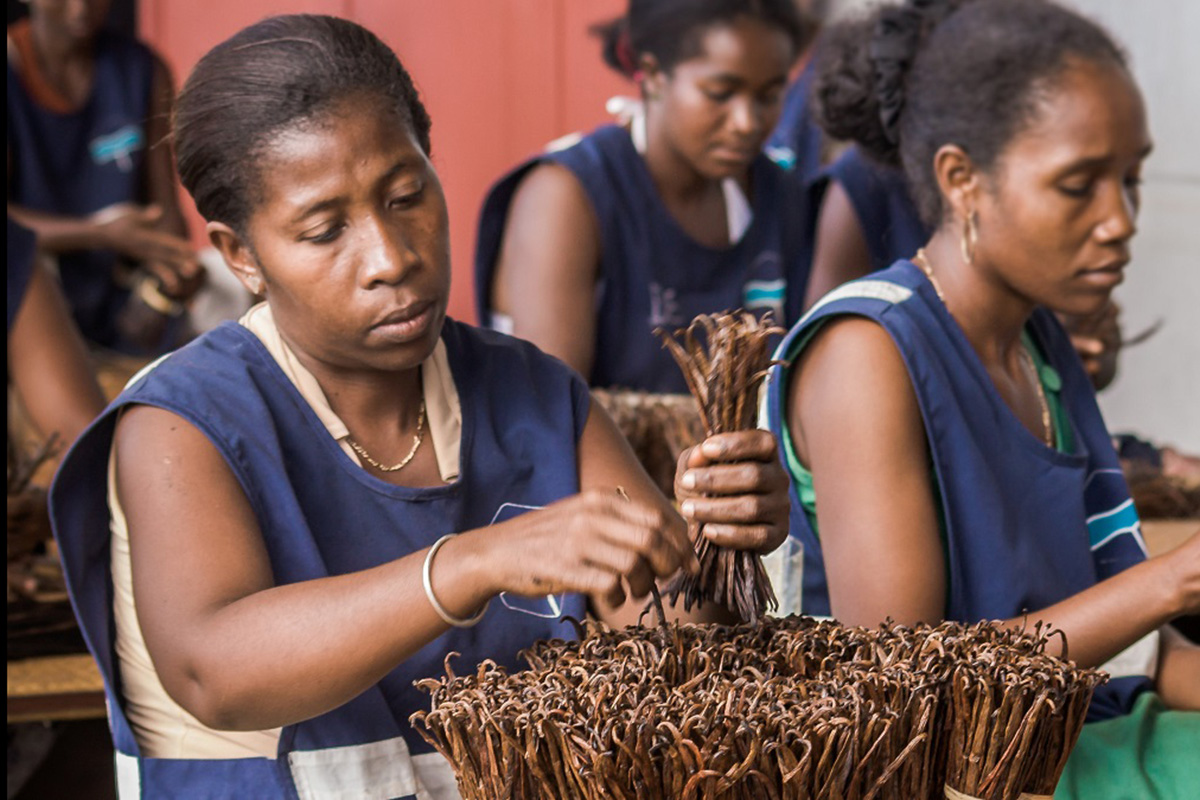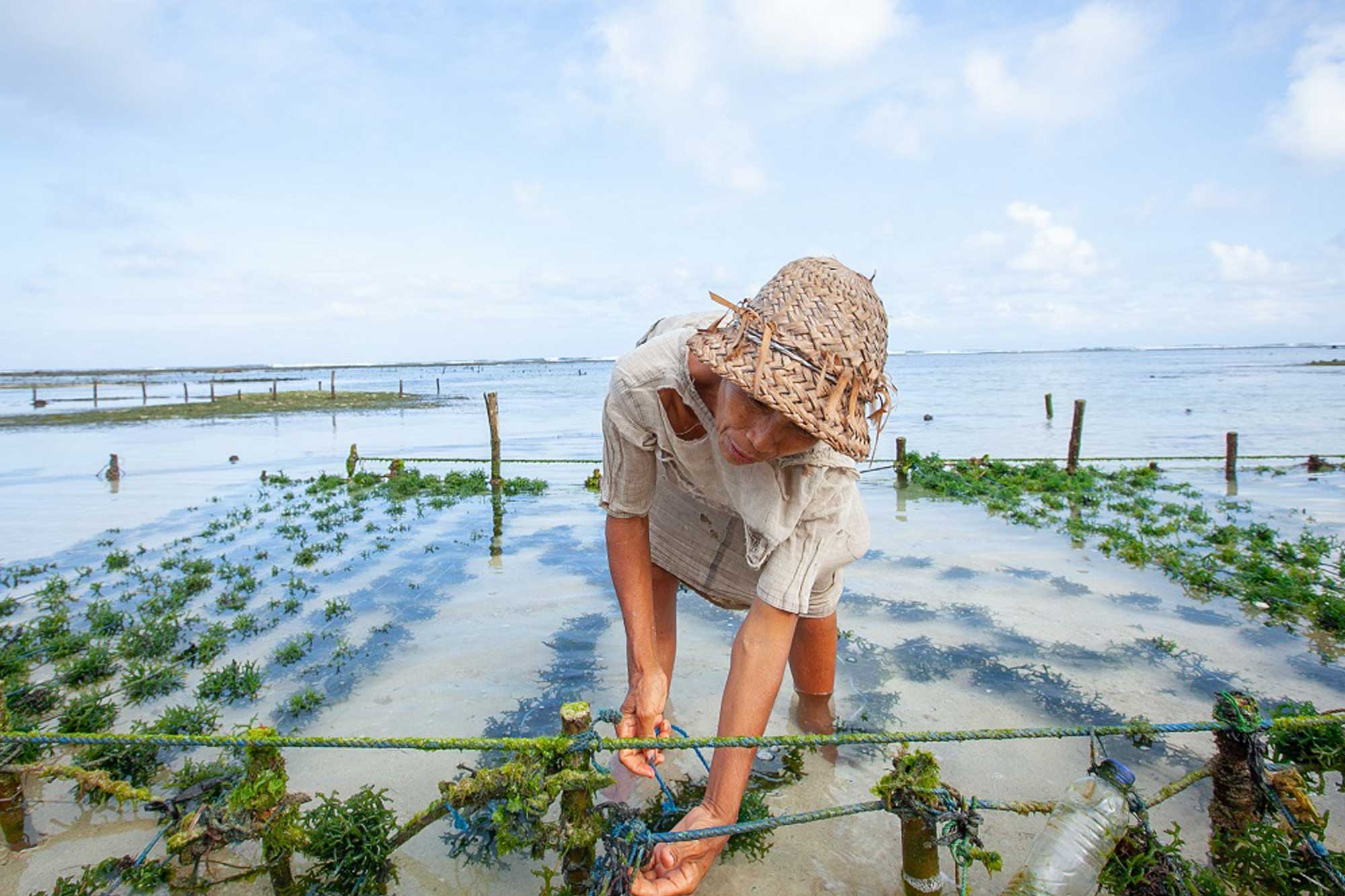Angola boasts a vast coastline, ample labour in the fisheries sector and good trading relations with major fish importers in Europe and Asia. With the fish traded globally expected to rise from 187 million tons in 2018 to 250 million tons by 2030, Angola stands to benefit from this opportunity. Angola can create more jobs, trade opportunities, boost food security, improve livelihoods and reduce poverty by tapping more into the blue economy – the sustainable use of ocean resources for economic growth. UNCTAD is supporting Angola to build a sustainable, resilient and inclusive blue economy.
UNCTAD
The extension of the Initiative is confirmed for another 60 days. The Initiative along with an UNCTAD managed agreement has moved food products and fertilizers helping to bring down food prices.
UNCTAD will host the third UN Trade Forum to identify trade policies to help countries grow their economies while tackling challenges and accelerating progress towards achieving the SDGs.
UNCTAD - in its latest Trade and Development Report Update - warns that developing countries are facing years of difficulty as the global economy slows down amid heightened financial turbulence. Annual growth across large parts of the global economy will fall below pre-pandemic levels and well below the decade of strong growth before the global financial crisis. Developing countries are facing a projected foregone income of $800 billion and battling unprecedented levels of debt distress. Global growth in 2023 is expected to drop to 2.1%, compared to the 2.2% projected in September 2022.
For 15 years, Mavilde de Assunção Alves has struggled to maintain her hives, which have dwindled from 15 to 8. After attending a UNCTAD training workshop, she’s more confident about the future.
World trade hit a record $32 trillion in 2022, but growth turned negative in the last half of the year. Environmentally friendly products defied the trend.
UNCTAD reports the Black Sea Grain Initiative - which has moved 25 million metric tons of grains - mostly benefitted developing countries, supporting food security among the most vulnerable.
Technologies used to produce goods and services with smaller carbon footprints are providing increasing economic opportunities, but many developing countries could miss them, unless governments and the international community take decisive action.
UNCTAD’s online courses help more women in least developed countries (LDCs) benefit from trade.
The Bhutanese government launched the ground-breaking G2B digital government portal, using UNCTAD’s customizable digital platform, making it the fastest place in the world to start a new business.
Issues of science, technology, and innovation remain endemic to development, and furthering our understanding of these issues is a core challenge for policy research. Deepening its commitment to this goal, UNCTAD launches the 2023 edition of its Technology and Innovation Report, a flagship publication that this year focuses specifically on what can be achieved by technological innovation by opening 'green windows of opportunity'. The report is built around green innovation - creating or introducing new or improved goods and services that leave lighter carbon footprints.
The world traded about 369 million tonnes of plastics in 2021 – enough to fill over 18 million trucks. The queue would wrap around the globe 13 times! Since less than 10% of all plastics produced have been recycled, most of the products will end up littering our streets and flooding our seas. But nature abounds in sustainable materials (bamboo, sand, banana plants, algae) that could be used to make eco-friendly versions of straws, shopping bags, bottles, food wrappers and other plastic products.
Plastic substitutes could cut global plastic waste by around 17% by 2040 – about 63 million tonnes less, or 3.5 million fewer trucks in the queue. “Besides the benefits to the planet, the shift offers economic opportunities,” said Henrique Pacini, an UNCTAD economist working on trade and environment issues. “But countries and companies have to work together and across borders to scale up production and reduce trade barriers."

